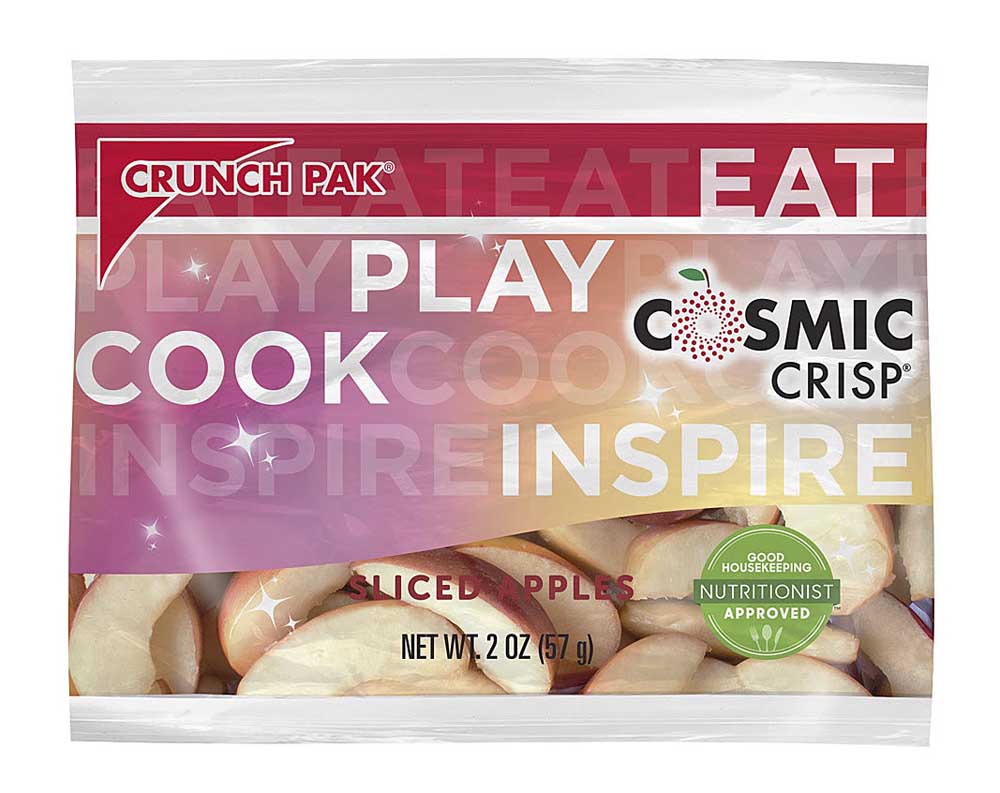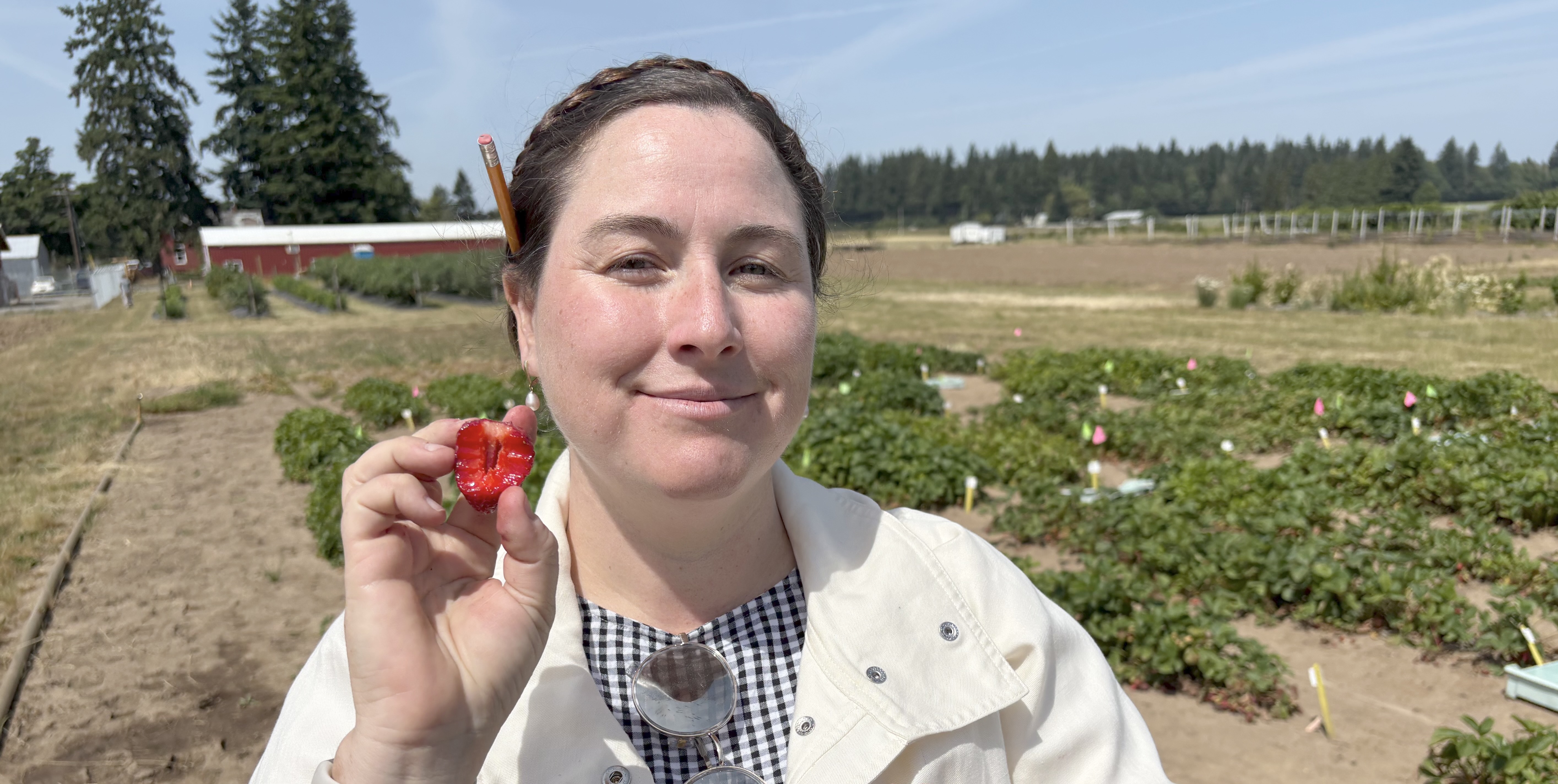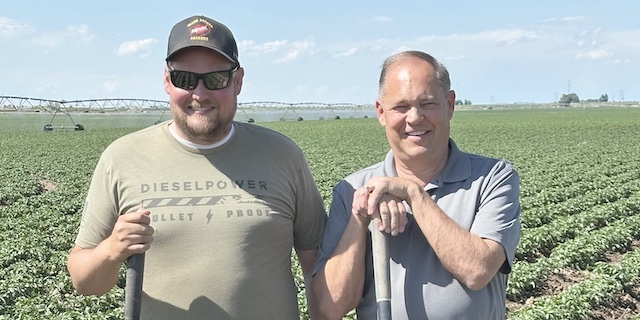New apple offered in slices, cider
Published 9:30 am Tuesday, June 11, 2019

- Crunch Pak packaging for debut of Cosmic Crisp apple slices this December.
YAKIMA, Wash. — Washington’s new Cosmic Crisp apple will debut in grocery stores in early December and at the same time will be introduced as a fresh-sliced product by Crunch Pak and as cider by Litehouse.
Founded in 2000, Crunch Pak, in Cashmere, Wash., is the leader of the fresh-sliced category, producing more than 1 billion apple slices annually that are sold in snack packaging.
Litehouse Inc., headquartered in Sandpoint, Idaho, is a leader in refrigerated salad dressings, dips, cheese, freeze dried herbs and other products. It already offers other apple ciders.
“Partnering with Crunch Pak provides a huge boost to our sampling efforts and will increase the apple’s visibility nationally,” said Kathryn Grandy, marketing director of Proprietary Variety Management — known as PVM — in Yakima. The company is managing the commercialization of Cosmic Crisp for Washington State University, the apple’s breeder and owner. The apple has a sweet, tangy flavor that promoters believe consumers will like better than Honeycrisp, which is one of its parent varieties.
The cider by Litehouse is another avenue for Cosmic Crisp to reach consumers and a means of making money on fruit not meeting fresh-pack standards, Grandy said.
Cosmic Crisp fresh-cut apple pouches are being previewed at United Fresh Produce Association’s convention in Chicago, June 10-12, and sampled at Produce Marketing Association’s Fresh Summit in Anaheim, Calif., Oct. 17-20.
The apple’s launch in December will be limited. Volume was initially projected at 175,000, 40-pound boxes but now has been revised to 467,000 boxes. That’s still small compared to Honeycrisp, which runs about 13 million boxes annually or Red Delicious and Gala, at about 30 million boxes each.
But 467,000 is substantial for a first year release. PVM’s revised projections call for 2 million boxes in 2020 and 5.6 million in 2021, the fastest acceleration of a new variety the industry has ever seen.
Grandy did not say whether, because of limited volume, the apple will be released in only large metro markets or if there’s some other marketing strategy.
Ozgur Koc, senior vice president of business and product development at Crunch Pak, said Cosmic Crisp’s firm, crisp texture and sweet-tart flavor make it ideal for slicing.
“Our goal is to provide shoppers with an excellent eating experience. Having exclusive rights to new varieties with complex flavor profiles helps us meet that goal and keep the category fresh,” Koc said.
Cold-pressed Cosmic Crisp cider will be light in color but with a “bold, fresh flavor that has irresistible sweet and tart notes and is unlike any of our other ciders,” said Theresa Lindholm, brand manager at Litehouse.
Due to the apple’s slow conversion from starch to sugar, growers have a relative long harvest window of two to three weeks from late September into the second week of October, Grandy said.
The slow conversion also means the apple needs time to ripen for full flavor and so fruit from trees in their third leaf, third growing season, will not be sold until Dec. 1, Grandy said. Fruit from second-leaf trees will not be sold until Jan. 1, she said.
Those decisions and starch standards were developed by a team of growers and PVM to provide optimum quality, she said.
The apple sometimes colors before being ready to harvest. Ines Hanrahan, executive director and postharvest physiologist of the Washington Tree Fruit Research Commission, developed a starch scale specific to Cosmic Crisp.
The apple will be sold in two grades in the first season. Washington Extra Fancy, defined as 50% to full red color and clean from defects. Washington Fancy is 30% red color and better with defects as allowed by Washington administrative codes for partial red and red striped apples. For the 2019 crop season, Washington Fancy will only be sold in 40-pound, tray-pack boxes.
These standards, combined with the industry support, are intended to provide uniformity and consistency of presentation, Grandy said, regardless of the production facility that packs it.






